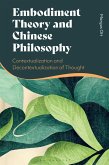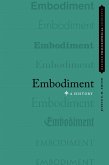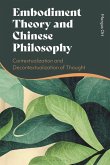
Broschiertes Buch
Contextualization and Decontextualization of Thought
Bloomsbury Academic
Gebundenes Buch
2024
29. Mai 2024
Palgrave Macmillan / Springer Nature Switzerland / Springer, Berlin
978-3-031-56873-2
| eBook, PDF | 89,95 € |
Ähnliche Artikel
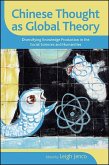
28,95 €
Sofort per Download lieferbar
eBook, ePUB
1. Juni 2016
State University of New York Press
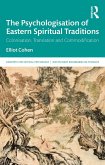
eBook, ePUB
30. September 2021
Taylor & Francis eBooks
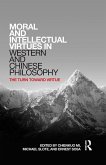
eBook, ePUB
5. Oktober 2015
Taylor & Francis eBooks
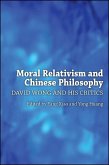
29,95 €
Sofort per Download lieferbar
eBook, ePUB
1. März 2014
State University of New York Press
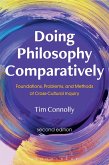
17,95 €
Sofort per Download lieferbar

13,95 €
Sofort per Download lieferbar
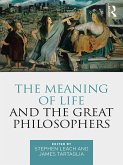
eBook, ePUB
11. Mai 2018
Taylor & Francis eBooks
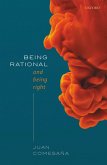
13,95 €
Sofort per Download lieferbar
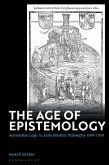
25,95 €
Sofort per Download lieferbar
Ähnlichkeitssuche: Fact®Finder von OMIKRON

